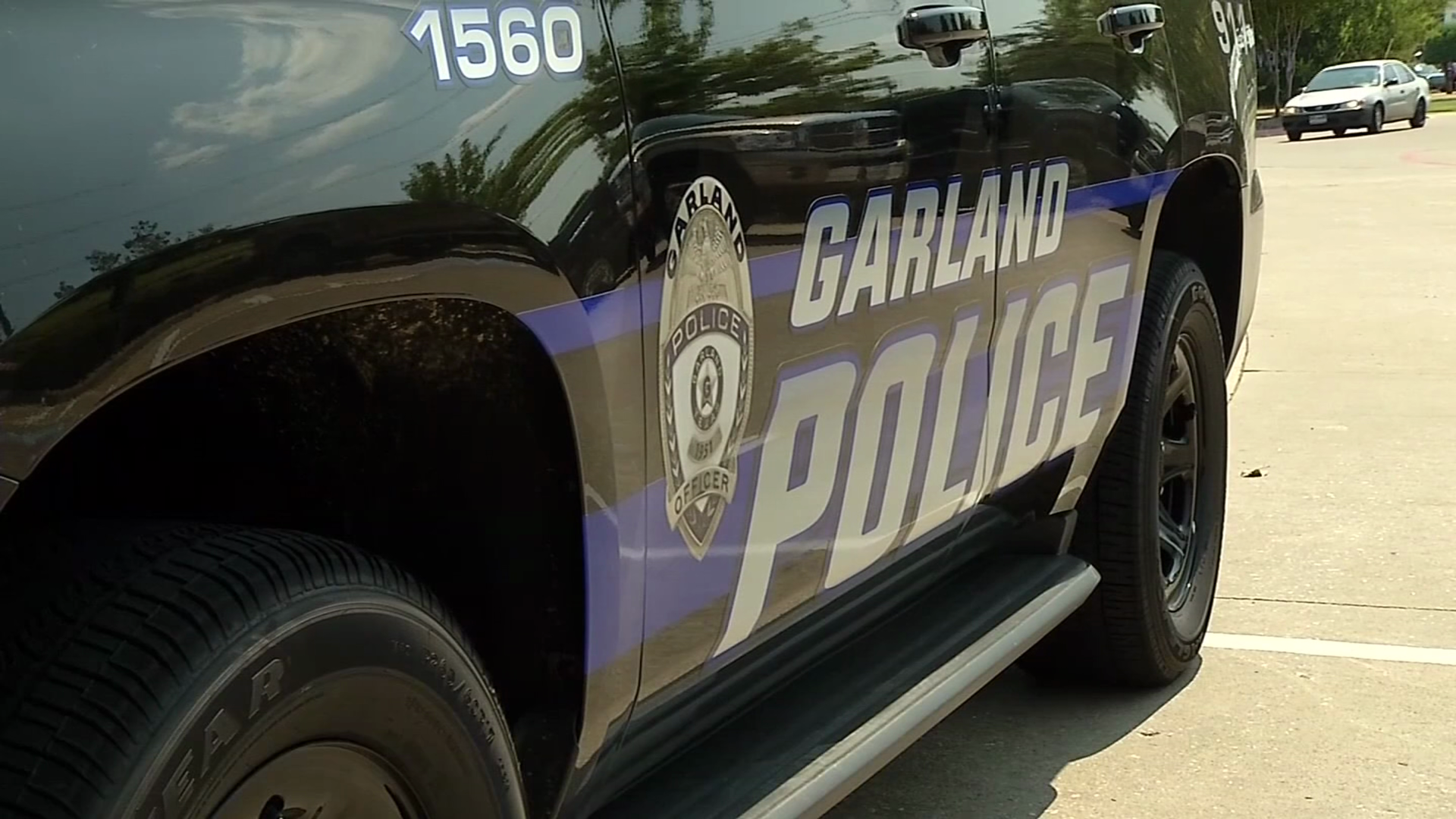The coronavirus pandemic has caused deep economic and financial pain for millions of Americans, especially those who’ve lost their jobs and are worried about how they’ll pay bills and plan for the future.
Unless Congress extends it—the financial help provided by The Coronavirus Aid, Relief, and Economic Security Act, also known as the CARES Act will end on July 31. If you’re in need of some extra help you need to take advantage now—starting with your mortgage.
“One of the key provisions in the CARES Act is what’s called forbearance which is to say you’re permitted to get a pause on the payments on your mortgage for up to 180 days,” said Margo Gilman from Consumer Reports.
In order to qualify, your mortgage must be federally funded and you must contact your mortgage company to work out a deal.
"It does not mean that the payments are forgiven. You will have to make up those missed payments down the road," said Gilman.
Experts said banks don’t want to see widespread foreclosures and are willing to help their customers figure it out.
Local
The latest news from around North Texas.
"I don’t think the banks are that interested in having a lot of foreclosures. People want to stay in their homes. The banks want them to but you need to be the proactive person,” said Gilman.
And if you have a federal student loan, the CARES Act is already helping.
"It offers forgiveness on these loans, a pause on the payments with no interest until September 30. This does not regard non-federally funded student loans or private loans,” said Gilman.
The CARES Act is also helping Americans who need to take money from their 401k or individual retirement accounts by waiving the 10% penalty.
"With that said, it remains true that borrowing from yourself and your retirement savings is a last resort move. But if you have to do it, you have to do it, these are tough times," said Gilman.
Another way to help yourself is to call your credit card company if you’re falling behind on payments.
“They may, for example, lower your minimum payment or waive your late fees for a short period of time," said Gilman.
Or, if you have great credit, experts say it may be a good time to move your debt to a zero percent interest credit card.
Right now, there is also a moratorium on water and electricity shutoffs. Again, experts say you must be proactive. If you are having trouble paying, call your utility provider and they may be able to help
NBC 5 Responds is committed to researching your concerns and recovering your money. Our goal is to get you answers and, if possible, solutions and resolution. Call us at 844-5RESPND (844-573-7763) or fill out our Customer Complaint form.
*Map locations are approximate, central locations for the city and are not meant to indicate where actual infected people live.



